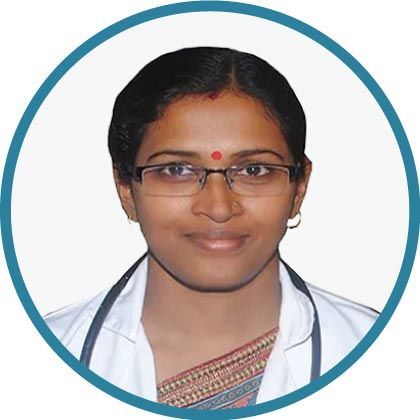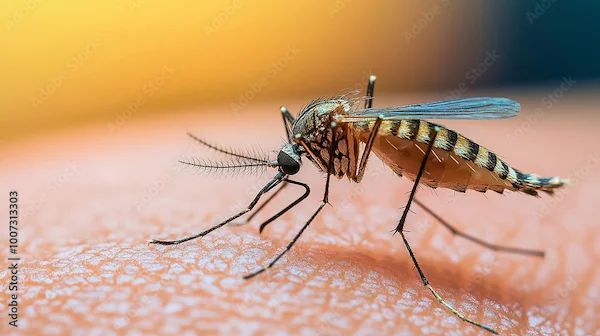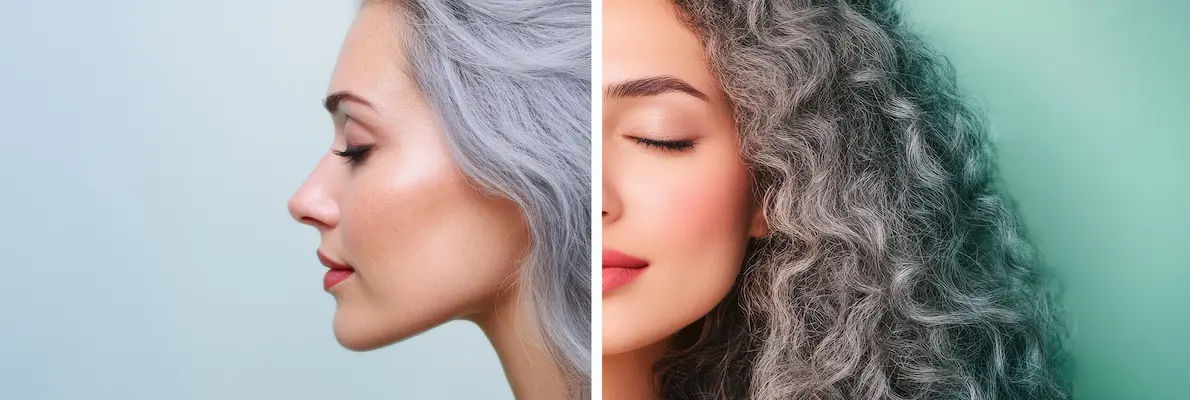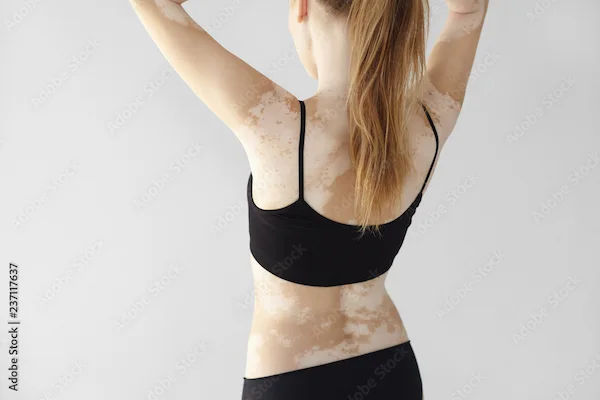How To Reduce Iron Deficiency?
Learn how to combat iron deficiency. Discover iron-rich foods, supplements, and dietary tips to boost your iron levels and improve your health.

Written by Dr.Sonia Bhatt
Last updated on 3rd Jul, 2025

Iron deficiency is one of the most common nutritional deficiencies worldwide, affecting millions of people, particularly women, children, and individuals with chronic health conditions. Iron plays a crucial role in producing haemoglobin, the protein in red blood cells that carries oxygen throughout your body. Without sufficient iron, your body can’t produce enough healthy red blood cells, leading to iron deficiency anaemia (IDA). This comprehensive guide will walk you through the causes of iron deficiency, how to recognise its symptoms, and effective strategies to reduce it.
What is Iron Deficiency?
Iron deficiency occurs when your body doesn't have enough iron to produce haemoglobin. As a result, your red blood cells are smaller and fewer in number, reducing the body’s ability to transport oxygen. Iron is also essential for healthy immune function, energy production, and various other bodily processes.
Iron deficiency can lead to iron deficiency anaemia (IDA), which may cause symptoms like fatigue, weakness, dizziness, headaches, and pale skin. If left untreated, severe iron deficiency can cause significant health problems, including compromised immunity and organ damage.
Causes of Iron Deficiency
Several factors can contribute to iron deficiency, including:
Inadequate Iron Intake:
A poor diet that lacks iron-rich foods, particularly in vegetarians, vegans, and those with restrictive eating habits, can lead to low iron levels.
Increased Iron Demand:
Pregnancy and Lactation: Pregnant women need more iron due to the increased blood volume required to support fetal development.
Infants and Children: Growing children and infants have higher iron requirements during periods of rapid growth.
Blood Loss:
Heavy Menstrual Periods: Women with heavy periods may lose a significant amount of iron every month.
Gastrointestinal Bleeding: Conditions such as ulcers, haemorrhoids, or colon cancer can lead to chronic blood loss.
Frequent Blood Donation: Regular blood donors may need to replenish their iron stores.
Impaired Iron Absorption:
Gastrointestinal Disorders: Diseases like celiac disease, Crohn’s disease, or after surgeries such as gastric bypass can affect the gut’s ability to absorb iron.
Certain Medications: Medications that reduce stomach acid, such as proton pump inhibitors or antacids, can inhibit iron absorption.
Recognising the Symptoms of Iron Deficiency
Common symptoms of iron deficiency include:
Fatigue and Weakness: One of the most common signs of iron deficiency is extreme tiredness, as the body struggles to get enough oxygen to tissues and organs.
Pale or Yellowish Skin: A lack of haemoglobin gives the skin a pale or yellowish tint.
Dizziness or Shortness of Breath: As a result of reduced oxygen in the bloodstream, individuals may experience dizziness or a feeling of breathlessness.
Brittle Nails or Hair Loss: Iron deficiency can affect the health of your nails and hair, causing them to become weak, brittle, or fall out.
Cold Hands and Feet: Poor oxygen circulation due to low iron levels can cause cold extremities.
If you suspect you have iron deficiency, it's important to consult a healthcare provider for blood tests to confirm your diagnosis.
Consult Top General Physicians
How to Reduce Iron Deficiency: Effective Tips
Reducing iron deficiency involves improving dietary intake, managing medical conditions, and sometimes using supplements or medical treatments. Here are the most effective ways to reduce iron deficiency:
1. Increase Iron-Rich Foods in Your Diet
Iron-rich foods: Consuming foods rich in iron is the most effective way to improve your iron levels. There are two types of iron in foods: heme iron and non-heme iron.
Heme Iron (Animal-based): This form of iron is found in animal products and is more easily absorbed by the body. Good sources include:
Red meat (beef, lamb)
Poultry (chicken, turkey)
Fish (salmon, tuna)
Liver (beef or chicken liver)
Non-heme Iron (Plant-based): Non-heme iron is found in plant-based foods. Although it’s not absorbed as easily as heme iron, it’s still a valuable source. Non-heme iron-rich foods include:
Lentils and beans
Tofu and tempeh
Spinach and other dark leafy greens
Fortified cereals and grains
Nuts and seeds
2. Enhance Iron Absorption with Vitamin C
Vitamin C plays a crucial role in enhancing the absorption of non-heme iron. Including vitamin C-rich foods in your meals can help maximise iron absorption from plant-based sources. Good sources of vitamin C include:
Citrus fruits (oranges, grapefruits)
Strawberries, kiwis, and pineapples
Bell peppers, tomatoes, and broccoli
For example, pairing a spinach salad (non-heme iron) with orange slices (vitamin C) can significantly improve iron absorption.
3. Avoid Foods that Inhibit Iron Absorption
Certain foods can inhibit the absorption of iron, particularly non-heme iron. It’s best to limit these foods around iron-rich meals:
Dairy Products: High in calcium, dairy can interfere with iron absorption. Avoid consuming milk, cheese, or yoghurt with iron-rich meals.
Tea and Coffee: Both contain tannins, which can reduce iron absorption. If you drink tea or coffee, try to do so between meals rather than with food.
Whole Grains and Legumes: These contain phytates, which can bind iron and reduce its absorption. You don’t need to eliminate these foods, but consuming them separately from iron-rich meals can help.
4. Use Iron Supplements if Needed
If dietary changes alone aren’t enough to boost iron levels, iron supplements may be necessary. There are various forms of iron supplements available, including:
Ferrous Sulfate: The most common and widely prescribed form of iron supplement.
Ferrous Fumarate and Ferrous Gluconate: Alternative forms that may be easier on the stomach for some individuals.
Iron Polysaccharide Complex: A gentler alternative for those with stomach issues.
While supplements are effective, they should be taken with care. It’s recommended to take iron supplements on an empty stomach, ideally with a glass of orange juice (to enhance absorption). However, some individuals experience gastrointestinal discomfort, including nausea and constipation. In such cases, taking iron with food or using a gentler form of iron may be helpful.
It’s essential to consult a healthcare provider before starting iron supplements, as excessive iron intake can be harmful and lead to iron overload, a condition known as hemochromatosis.
5. Treat Underlying Health Conditions
If iron deficiency is caused by an underlying medical condition, such as gastrointestinal bleeding, ulcers, or celiac disease, it’s crucial to address the root cause of the deficiency. Treatment may involve:
Medications to manage chronic conditions (e.g., proton pump inhibitors for acid reflux)
Surgery to address issues like ulcers or tumours
Hormonal treatments for heavy menstrual periods
In some cases, intravenous iron infusions may be required for individuals with severe deficiency or those who cannot absorb iron properly from food or supplements.
Special Considerations for At-Risk Groups
Pregnant Women: During pregnancy, iron requirements increase significantly. Prenatal vitamins containing iron, along with a diet rich in iron, are recommended to ensure adequate iron levels for both mother and baby.
Infants and Children: Iron deficiency anaemia is common among infants, especially those who are exclusively breastfed after 6 months. Iron-fortified formulas and baby cereals can help meet their iron needs. Older children should be encouraged to eat iron-rich foods regularly.
Vegetarians and Vegans: Since plant-based diets lack heme iron, vegetarians and vegans must consume iron-rich plant foods and consider iron supplementation if necessary. Combining iron with vitamin C can improve absorption.
Conclusion
Iron deficiency is a common issue that can cause symptoms like fatigue, weakness, and more serious health problems if not addressed. However, it can be managed with a balanced diet, appropriate supplements, and by addressing any underlying health conditions. If you're at higher risk—such as if you're pregnant, a child, or follow a vegetarian diet—it's especially important to focus on getting enough iron. If you're experiencing symptoms of iron deficiency, it's important to consult with a healthcare provider for an accurate diagnosis and the right treatment plan.
Consult Top General Physicians
Consult Top General Physicians

Dr. Rajib Ghose
General Practitioner
25 Years • MBBS
East Midnapore
VIVEKANANDA SEBA SADAN, East Midnapore

Dr. Hariprasath J
General Physician/ Internal Medicine Specialist
19 Years • MD (Gen Med), FCCP, Dip (Diabetology, UK)
Chennai
Apollo First Med Hospitals P H Road, Chennai
(200+ Patients)

Dr. Shakti
General Physician/ Internal Medicine Specialist
25 Years • MBBS, DNB, PGDHIVM, MRCP (UK)
Delhi
Apollo Hospitals Indraprastha, Delhi
(300+ Patients)

Dr. Sandhya Chandel
General Physician/ Internal Medicine Specialist
16 Years • MBBS, MD (Int. Med.), IDCCM
Bilaspur
Apollo Hospitals Seepat Road, Bilaspur
(125+ Patients)

Dr. Srijita Karmakar
General Physician/ Internal Medicine Specialist
1 Years • MBBS
Kolkata
KVC CLINIC, Kolkata
(25+ Patients)
Consult Top General Physicians

Dr. Rajib Ghose
General Practitioner
25 Years • MBBS
East Midnapore
VIVEKANANDA SEBA SADAN, East Midnapore

Dr. Hariprasath J
General Physician/ Internal Medicine Specialist
19 Years • MD (Gen Med), FCCP, Dip (Diabetology, UK)
Chennai
Apollo First Med Hospitals P H Road, Chennai
(200+ Patients)

Dr. Shakti
General Physician/ Internal Medicine Specialist
25 Years • MBBS, DNB, PGDHIVM, MRCP (UK)
Delhi
Apollo Hospitals Indraprastha, Delhi
(300+ Patients)

Dr. Sandhya Chandel
General Physician/ Internal Medicine Specialist
16 Years • MBBS, MD (Int. Med.), IDCCM
Bilaspur
Apollo Hospitals Seepat Road, Bilaspur
(125+ Patients)

Dr. Srijita Karmakar
General Physician/ Internal Medicine Specialist
1 Years • MBBS
Kolkata
KVC CLINIC, Kolkata
(25+ Patients)




